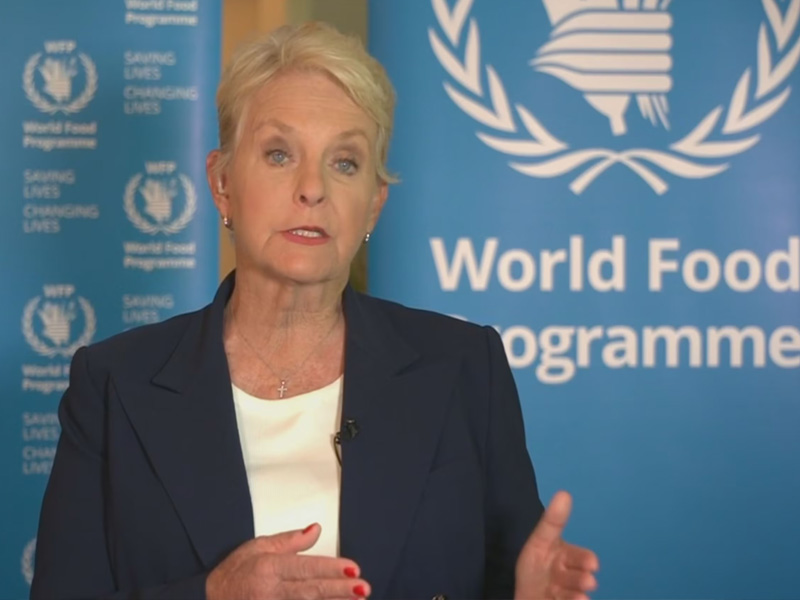
A report by the UN World Food Programme (WFP) has revealed that school feeding programmes now feed 466 million children worldwide, a 20% increase since 2020.
The State of School Feeding Worldwide report highlighted that national governments are leading this growth, especially in low-income countries where the number of children benefiting increased by 60%. Nigeria recently relaunched its programme targeting 10 million children.
WFP Executive Director Cindy McCain said: “School meals are more than just food—they are a pathway out of poverty and into learning and opportunity.”
The report also noted economic benefits: for every $1 invested, programmes generate $7–$35 in returns, support local jobs, and promote eco-friendly diets. Girls and women benefit disproportionately through improved education, health, and economic empowerment.
The report precedes the second School Meals Coalition Global Summit in Brazil on September 18–19, which aims to mobilise further action.
Ndubuisi Francis



